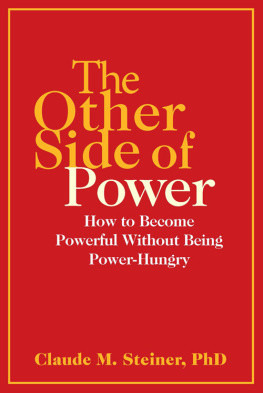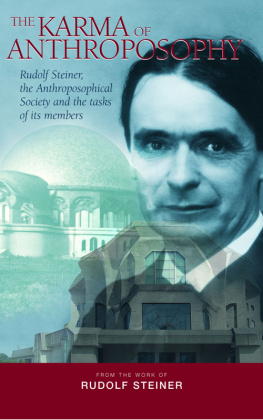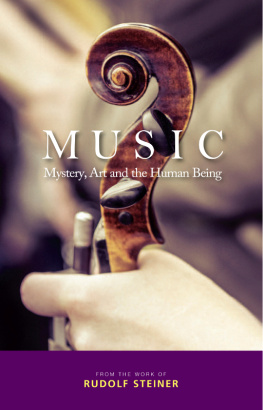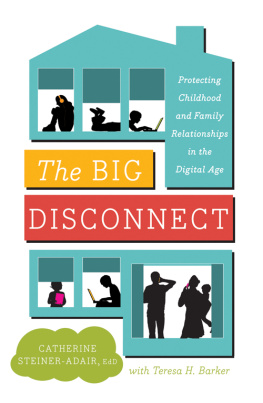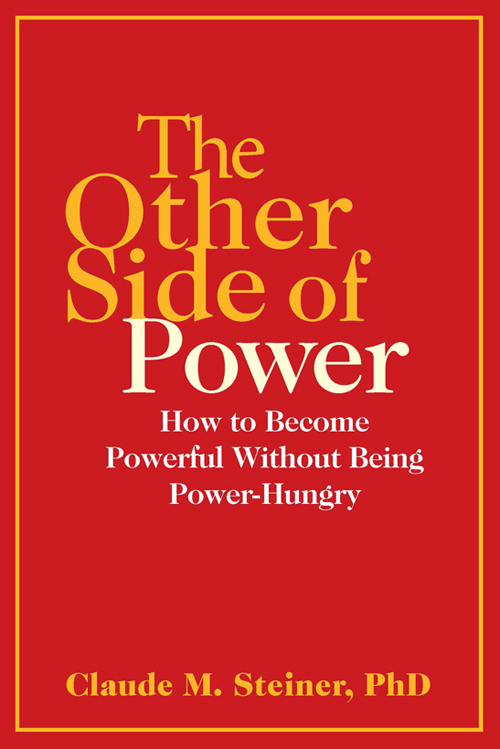PUBLISHED BY GROVE PRESS
Healing Alcoholism
Readings in Radical Psychiatry (Claude Steiner, ed.)
Scripts People Live
The Other Side of Power
Claude M. Steiner

Copyright & 1981 by Claude M. Steiner
Cover design: Peter Morance
All rights reserved. No part of this book may be reproduced in any form or by any electronic or mechanical means, including information storage and retrieval systems, without permission in writing from the publisher, except by a reviewer, who may quote brief passages in a review. Scanning, uploading, and electronic distribution of this book or the facilitation of such without the permission of the publisher is prohibited. Please purchase only authorized electronic editions, and do not participate in or encourage electronic piracy of copyrighted materials. Your support of the authors rights is appreciated. Any member of educational institutions wishing to photocopy part or all of the work for classroom use, or anthology, should send inquiries to Grove Atlantic, 154 West 14th Street, New York, NY 10011 or permissions@groveatlantic.com.
Printed in the United States of America
First Grove Atlantic paperback edition: July 1981
This edition: April 2020
ISBN 978-0-8021-5776-8
eISBN 978-0-8021-5839-0
Library of Congress Cataloging-in-Publication data is available for this title.
Grove Press
an imprint of Grove Atlantic
154 West 14th Street
New York, NY 10011
Distributed by Publishers Group West
groveatlantic.com
To the female influences in my life, in particular to
Gaiea
Valerie
Hedi
Ursula
Mimi
Hogie
Carmen
Becky
Melissa
Darca
Denali
Diana
This book is the sequel to Scripts People Live. Consequently, I must thank, first of all, all those who contributed to that book: in particular Eric Berne, my teacher, and the early members of the Radical Psychiatry movement, especially Becky Jenkins, Joy Marcus, Bob Schwebel, and Hogie Wyckoff, with whom I developed my first ideas about power and power abuse.
Since I started work on this book, almost ten years ago, I have had the good fortune to discuss the other side of power with hundreds of people at lectures and workshops, and at after-dinner discussions with students, friends, and colleagues. Every one of these exchanges added to my understanding of the subject and I want to thank those many people whose interest and comments helped me shape the ideas herein.
I also want to thank (in the approximate order of their reading) Carmen Kerr, Fred Jordan, Anodea Judith, Robert Schwebel, Charlotte Sheedy, Katherine Williams, Bruce Carroll, Melanie Jenkins, Hogie Wyckoff, Ron LeVaco, Melissa Farley, Jayme Canton, Karen McNeil, Alan Rinzler, Ruth Capers, and Barney Rosset for their careful review and useful comments about the book at various stages of its completion.
Special thanks are due to Mimi Steiner and Caryn Levine, both of whose feedback substantially affected the final form of the book. Caryn, in particular, provided constant comments as she typed draft after draft, and her imprint upon the final product is all-pervasive. I cannot thank her enough for her part in this book.
The members of the Radical Psychiatry Collective, of which I am a member, have, with their constructive criticism and support, made a deep impression upon my thinking about power. I thank Hogie Wyckoff, Becky Jenkins, Robert Schwebel, Beth Roy, Mary Selkirk, Darca Nicholson, Jude La Barre, Shelby Morgan, and Jo Ann Costello for their participation in my life and work.
Finally I want to thank Kent Carroll for his many helpful suggestions and for the work of editing this book and guiding it to its final form.
I have always been interested in power. When I was a kid, I built a water wheel which spun around and allowed me to fantasize machinery driven by my little engine.
I vividly remember how, as a fourteen-year-old, after months of work on a broken-down 125 C.C. Royal Enfield motorcycle, 1935 vintage, I finally got it fired up. Almost miraculously, it seemed, the engine started and I rode it down a crowded Mexico City street. The exhilaration of the pull which the small engine exerted on my arms and seat was as big a rush as I have ever felt. I became hooked on engines, gasoline, motorcycles, and cars and learned the macho driving style of Mexican bus drivers. Being propelled about by a bigger and bigger internal combustion power plant became my principal ambition in life.
In college I owned a souped-up 1938 Ford coupe. Compared to their four-cylinder predecessors, those Ford V8 engines were a whole new breed of powerhouses. The sound of the thirsty machine sucking air and gasoline and the feel of its acceleration, after driving tame Dodges and Chevrolets, was as delicious as the sexual experiences I hungered after and never seemed to find. I felt weak, didnt like to walk, and feared sports. But having a car made me feel powerful.
Cars and money were intimately connected. More money meant more powerful wheels. My first real money was made as an auto mechanic while studying engineering in Los Angeles in the middle 1950s. Everything in my environment conspired to keep me interested in horsepower. Plenty of cheap gas, millions of hot cars on the roads, car lots, and junkyards. The in-crowd spent their leisure hours dragging between traffic lights. Horsepower was what everyone seemed to desire and Detroit delivered it. Back then, anyone who wanted it badly enough could get 300 horses (think of it, 300 horses!) under the hood of a stock Chrysler by walking to the nearest dealer.
Being involved with machinery and tools made me aware of the workings of physical force. How much tension was enough to loosen but not to strip a nut or a bolt. How much leverage was needed to move something heavy. How much pressure a piece of metal or wood could take without bending or splitting. Where and how to push and pull to achieve desired effects. I became a user of tools.
Cars and machinery appear in many examples in this bookprobably because I had my first satisfying lessons about power while working with machines. Until then, my experiences had been largely about powerlessness. The early taste of power coming from using machines made a deep impression on me.
What I learned from machines turned out to be very useful, but it also created my tendency to think in mechanical metaphors. Machine thinkinglogical, technical, rational, linear, scientific thinkingpowerful as it may be, is also unable to speak to the realities of love, hate, hope, fear, joy, or guilt.
Unfortunately, most of the worlds power is held by men who would like to think only in the rational and scientific mode (though the thinking which guides their decisions is not even always scientific or rational). To them, whatever cannot be encompassed by rationality has no reality; therefore emotions are not to be considered real, important, or valid. Because I grew up thinking that way myself, I was emotionally illiterate for the first thirty-five years of my life. I was unable to account for and deal with my own or any one elses emotions and operated as if emotions did not exist. I tried to be precise and factual in all my decisions, but was actually driven by my emotions while I ignored the factual world of feelings.
In time I became dissatisfied with my mastery of mechanical things. I must have sensed that its scope was limited and that my needs for power would be better served by learning control over people, rather than machines. My interest, quite logically, turned to psychology. First I thought about hypnosis. I fantasized having peopleespecially womenunder my hypnotic control. Then I became interested in psychotherapy. Being the doctor, respected, listened to, loved by his patients, was an exciting day dream. I must also have been excited by the prospect of being able to usefrom a position of powerall of the controlling maneuvers which had been used on me and other powerless people.

